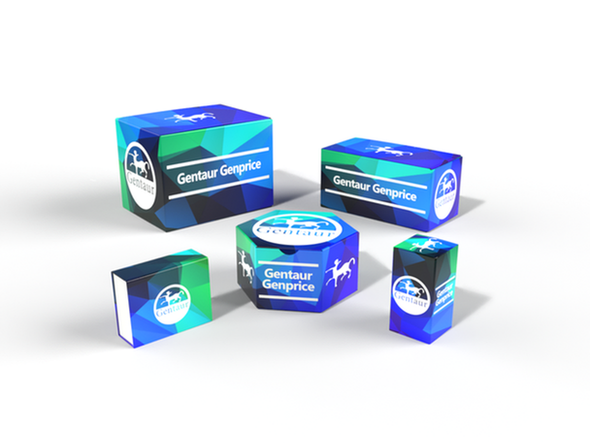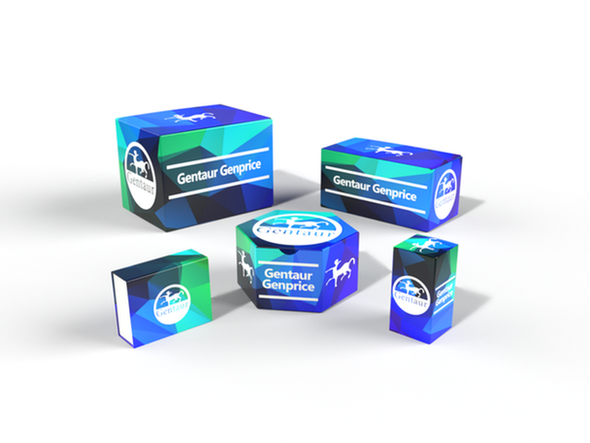BW
Claudin-7 (S204) polyclonal Antibody | BS3763
- SKU:
- BW-BS3763
- Availability:
- Usually ships in 5 working days
Description
Claudin-7 (S204) polyclonal Antibody | BS3763 | Gentaur UK, US & Europe Distribution
Host: Rabbit
Reactivity: Human,Rat
Application: WB IHC
Application Range: WB: 1:500~1:1000 IHC: 1:50~1:200
Background: The Claudin superfamily consists of many structurally related proteins in humans. These proteins are important structural and functional components of tight junctions in paracellular transport. Claudins are located in both epithelial and endothelial cells in all tight junction-bearing tissues. Three classes of proteins are known to localize to tight junctions, including the Claudins, Occludin and junction adhesion molecule (JAM) . Claudins, which consist of four transmembrane domains and two extracellular loops, make up tight junction strands. Claudin expression is highly restricted to specfic regions of different tissues and may have an important role in transcellular transport through tight junctions. mRNA studies indicate that claudin-7 is specifically expressed in mouse lung and kidney, but not in heart, brain, spleen, liver, skeletal muscle or testis. The gene encoding human claudin-7 maps to chromosome 17p13.
Storage & Stability: Store at 4°C short term. Aliquot and store at -20°C long term. Avoid freeze-thaw cycles.
Specificity: Claudin-7 (S204) polyclonal Antibody detects endogenous levels of Claudin-7 protein.
Molecular Weight: ~ 22 kDa
Note: For research use only, not for use in diagnostic procedure.
Alternative Names: Claudin 7; Claudin7; CLDN-7; CLDN7; CEPTRL2; CPETRL2
Immunogen: Synthetic peptide, corresponding to amino acids 171-220 of Human Claudin-7.
Conjugate: Unconjugated
Modification: Unmodification
Purification & Purity: The Antibody was affinity-purified from rabbit antiserum by affinity-chromatography using epitope-specific immunogen and the purity is > 95% (by SDS-PAGE) .
Pathway: Signaling Pathways Activating p38 MAP Kinase,






